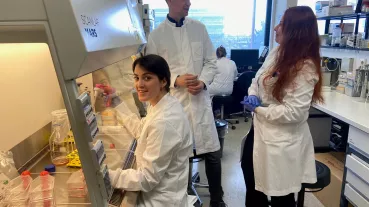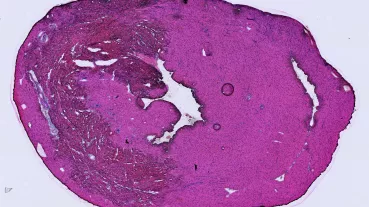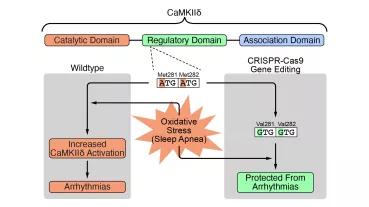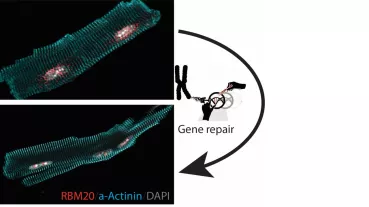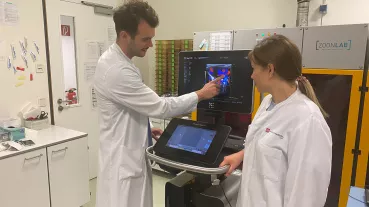Cellular pathophysiology of human cardiac TTR amyloidosis
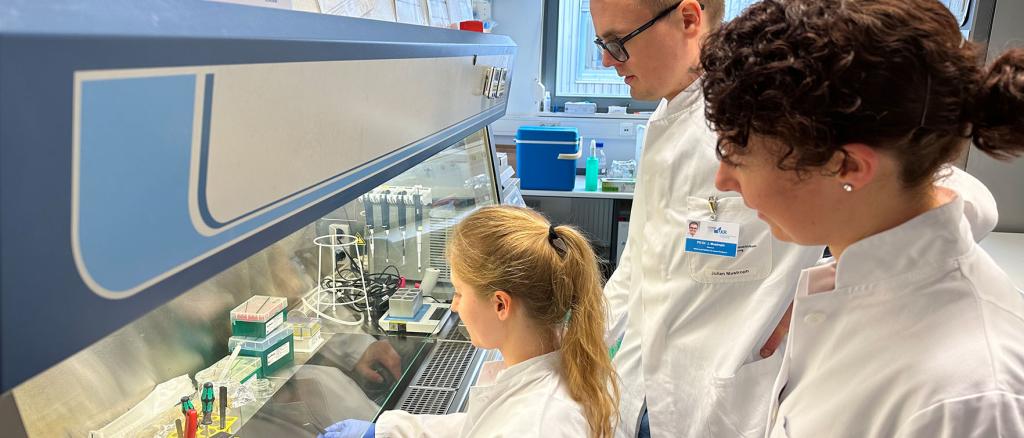
In transthyretin amyloidosis, incorrectly folded proteins are deposited in the heart. The disease can occur as part of physical ageing or due to a genetic defect and then leads to a thickening of the heart muscle, which manifests itself functionally as a disorder of heart muscle relaxation and subsequently heart failure. Unfortunately, the pathophysiological mechanisms of transthyretin amyloidosis in the heart muscle are also largely unknown. As part of this research project, PD Dr. Julian Mustroph's team can now use small human heart samples from so-called endomyocardial biopsies for the first time and examine living heart muscle cells. The aim is to gain an understanding of myocardial cell dysfunction in transthyretin amyloidosis for the first time.
Here you can find further information.
